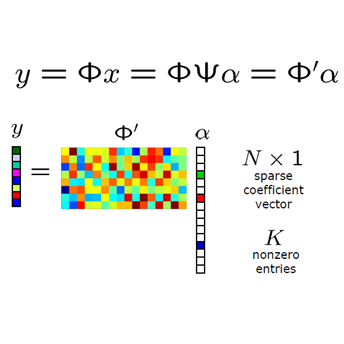Video block compressive sensing has been studied for use in resource constrained scenarios, such as wireless sensor networks, but the approach still suffers from low performance and long reconstruction time. Inspired by classical distributed video coding, we design a lightweight encoder with computationally intensive operations, such as video frame interpolation, performed at the decoder. Straying from recent trends in training end-to-end neural networks, we propose two algorithms that leverage convolutional neural network components to reconstruct video with greatly reduced reconstruction time. At the encoder, we leverage temporal correlation between frames and deploy adaptive techniques based on compressive measurements from previous frames. At the decoder, we exploit temporal correlation by using video frame interpolation and temporal differential pulse code modulation. Simulations show that our two proposed algorithms, VAL-VFI and VAL-IDA-VFI reconstruct higher quality video, achieving state-of-the-art performance.
翻译:已经研究过视频块压缩遥感,以便在资源受限的情况下使用,例如无线传感器网络,但这种方法仍然有低性能和较长的重建时间。在古典分布式视频编码的启发下,我们设计了一个轻量级编码器,其计算强度很强,例如在解码器上进行的视频框架内插调。从培训端到端神经网络的最近趋势中,我们提出了两种算法,利用循环神经网络组件重建视频,重建时间大大缩短。在编码器中,我们利用基于前框架压缩测量的框架和采用适应技术之间的时间相关性。在解码器中,我们利用时间相关性,利用视频框架间插和时间差脉冲调制导。模拟显示我们提出的两种算法,VAL-VFI和VAL-IDA-VFI, 重建质量更高的视频,实现最先进的性能。



